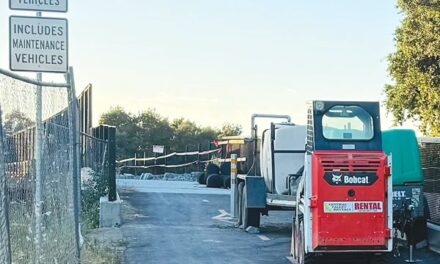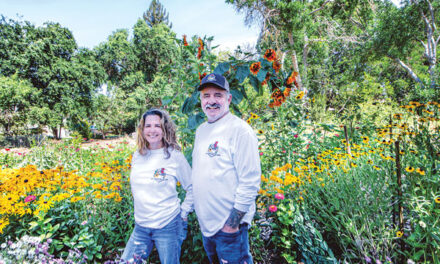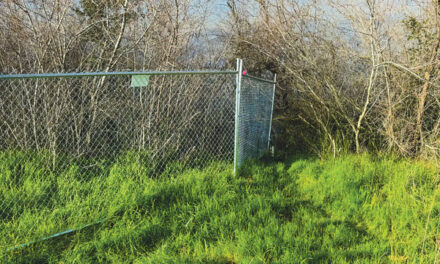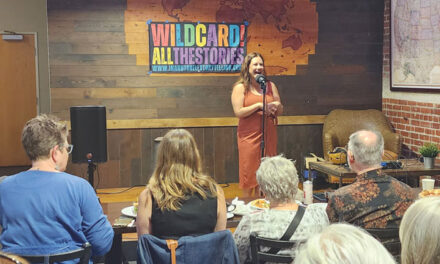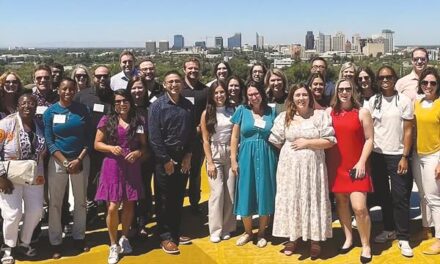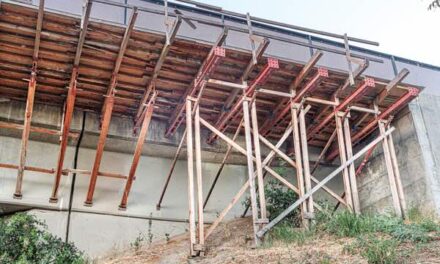Taxing Matters
Cities skew results in countywide pot vote
By Rich Desmond
November 2022
Sacramento County voters have the chance this month to create a special tax on marijuana businesses operating within the unincorporated area.
The money would fund county homeless services, including along the American River Parkway. County staff estimates the tax could generate $5.1 million to $7.7 million annually.
State law allows local governments to regulate cannabis. Currently, the cities of Sacramento and Isleton permit marijuana operations. It’s not allowed elsewhere.
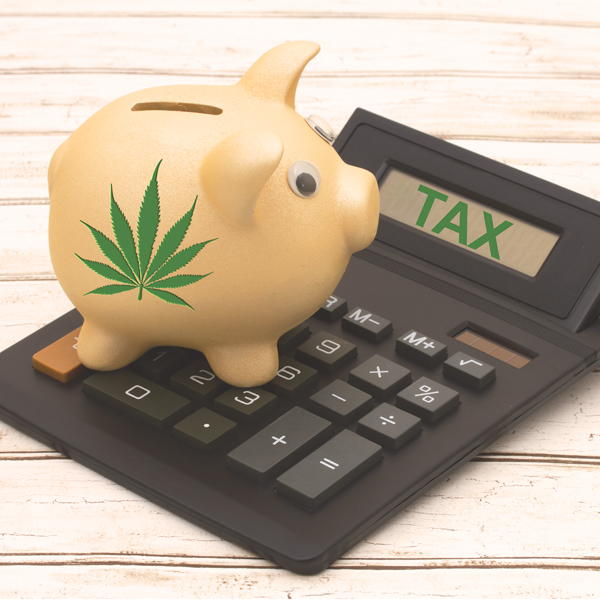
If two-thirds of voters approve this tax, the Board of Supervisors will establish regulations governing cannabis businesses, including to what extent, if any, it will be allowed in unincorporated areas.
As one of three board members who agreed to put Measure B on the ballot, I will be guided by the election results to determine whether commercial marijuana grows, manufacturing and dispensaries should be legal.
All voters in the county get to weigh in on this measure, but the tax applies only to our unincorporated communities—Arden Arcade, Fair Oaks, Carmichael, etc.
In short, voters in surrounding cities, including Sacramento, can influence the outcome. I don’t like the idea that municipal residents get to vote on a county tax applicable only to the unincorporated area, but state law provides no alternative.
If the measure passes, I plan to analyze the voting results by neighborhood to inform what a regulatory system might look like. Any cannabis regulatory system we adopt would only be applicable to the unincorporated area.
The tax will be dedicated to funding services for the homeless, many of whom need help for mental illness and drug addiction. Support would come to those living on the parkway and elsewhere across the county.
When I was a CHP officer before joining the board, I served on a taskforce addressing the implementation of Proposition 64, the statewide measure that legalized recreational marijuana in 2016.
More recently, during hearings leading up to the decision to put the cannabis tax on the ballot, the board heard testimony about drug addiction, especially among youth. As a father, I understand concerns expressed by many parents about allowing dispensaries in our neighborhoods.
As a former law enforcement officer, I recognize the dangerous consequences of irresponsible marijuana usage, such as driving under the influence of cannabis.
Besides receiving views on recreational use, the board heard from medical advocates about the relief cannabis products can provide to patients. California voters legalized medical marijuana in 1996.
Regardless of one’s views, the fact is cannabis exists in the county via the illegal market and through sales authorized by neighboring cities, including delivery services to consumers anywhere in the county.
Measure B provides the opportunity to tax cannabis and lets voters signal to the board if we should move forward with allowing marijuana-related businesses to operate throughout the county.
Ultimately, the decision is yours. If Measure B passes, I will take into consideration how county voters—as opposed to city voters—expressed their preference. Legitimizing cannabis should reflect the will of voters in the unincorporated area. That’s who it impacts.
If the board moves forward, I will work diligently to see cannabis doesn’t become a burden on our unincorporated communities. Concerns would include an over concentration of dispensaries, inadequate protections against sales to minors and inappropriate placement of cannabis operators near schools.
Many communities have permitted cannabis since Proposition 64. We can examine and adopt the most successful and best practices should Measure B pass and the board proceeds to legitimize cannabis businesses.
Rich Desmond represents the Third District on the Sacramento County Board of Supervisors. He can be reached at richdesmond@saccounty.gov.





